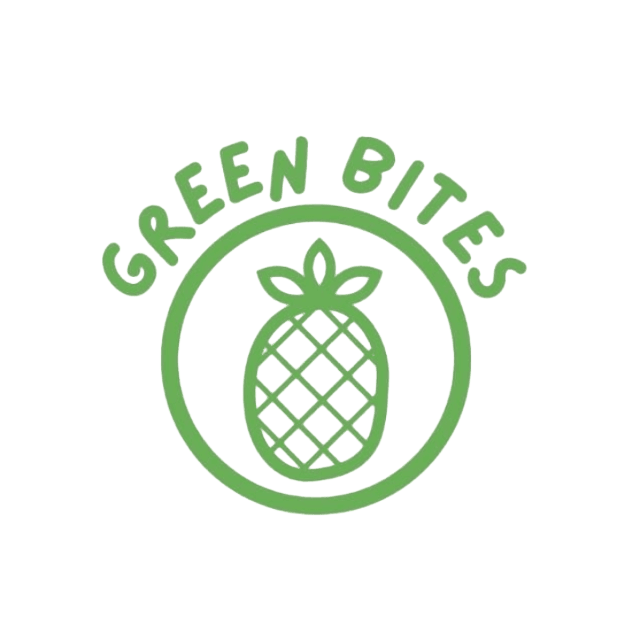It's Never Too Late to Age Well

9 September 2024
My cousin asked for a column on nutrition for older adults. Hey, we're all aging - no stopping that clock, so we might as well do it healthfully, right? And I'm talking about quantity AND quality. Feeling great for the rest of our lives is the name of the game. Some have called it our “healthspan”.
Ironically, while I was procrastinating, facebook blasted me with an ad for a $650 anti-aging package, complete with “energy enhancement system”, anti-aging face oil and gold masks…I can't promise you won't age (nobody can), but I do know the information I'm about to provide is worth more than the $650, in helping you to retain your youthful appearance, functional well-being and emotional health!
Eat a variety of colorful fruits and vegetables. No surprises here. We know that a plant predominant diet is protective against 7 out of the 10 leading causes of death in the US, including heart disease, cancer, stroke, Alzheimer's and diabetes. Food choice impacts not only mortality, but also time spent living with these debilitating diseases. A major Harvard study found that those who ate the most deeply colored fruits and vegetables, rich in antioxidants, had a nearly 20 percent lower risk of memory and thinking problems, compared with those who ate very little of those foods.
Get adequate protein. As we age, our bodies become less efficient at processing protein. We need protein to maintain/build muscle mass. It's not just for vanity - strength is crucial for simple activities like walking, climbing stairs and going to the toilet!
Strength training is an important adjunct to this - experts recommend 2-3 times weekly to maintain bone density, improve balance and reduce risk of falling. The CDC has published a helpful booklet to get started.
Studies have also shown a link between eating enough protein and brain health. A good rule of thumb is to aim for 25-30 grams of protein per meal.
Key micronutrients: calcium, vitamin D, potassium and B12.
Getting adequate calcium and vitamin D is important for bone health (strength and flexibility). Blood pressure tends to rise with age, and potassium balances out the sodium (which may need to be limited) in the diet. B12 contributes to creation of red blood cells and nerve health, and absorption decreases with age; those avoiding animal products can take supplements.
Water it all down. As we age, our sense of thirst is dulled, so it's important to remember to stay hydrated. Water can come from beverages (limit sugary drinks and instead infuse water with fresh fruit if you don't like it plain) or watery foods like cucumbers, tomatoes and watermelon. Drink before you are thirsty.
Can you teach an old dog new tricks? Just this weekend, I met a man who had heart surgery a couple of years ago. He said that after his surgery, he changed his diet significantly (not to strict vegan as advised but definitely including more plant foods), lost 70 pounds and felt great. He now recognizes the importance of food choices to maintaining his kidney function (which has been diagnosed low) and keeping him off dialysis. Rather than resentful, he felt empowered!
Don't wait for the crisis - live your best life now. I've been doing a cooking series for SPRYE, a local organization “for adults over 55 who want to live confidently at home and stay connected to their community in meaningful ways.” I enjoy these workshops so much because the participants recognize the importance of food and nutrition - and learning new things - to their physical and emotional health.
The message of senior nutrition is empowering. Whether you're worried about the [your chronic disease of concern] that runs in your family, maintaining your independence or remembering where you put your keys, food choice can make a difference.
Do you have questions about senior nutrition? Know someone who could benefit from this info? Want to get on the waitlist for my 30-minute protein masterclass? Email me now!
Contact Green Bites
Let's Talk
I'll get back to you soon to discuss your needs.
